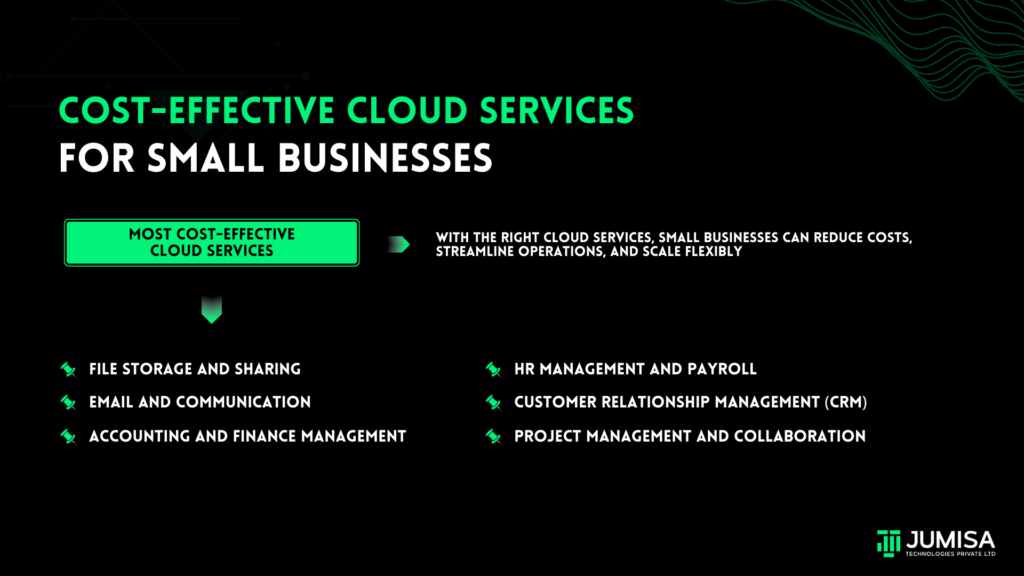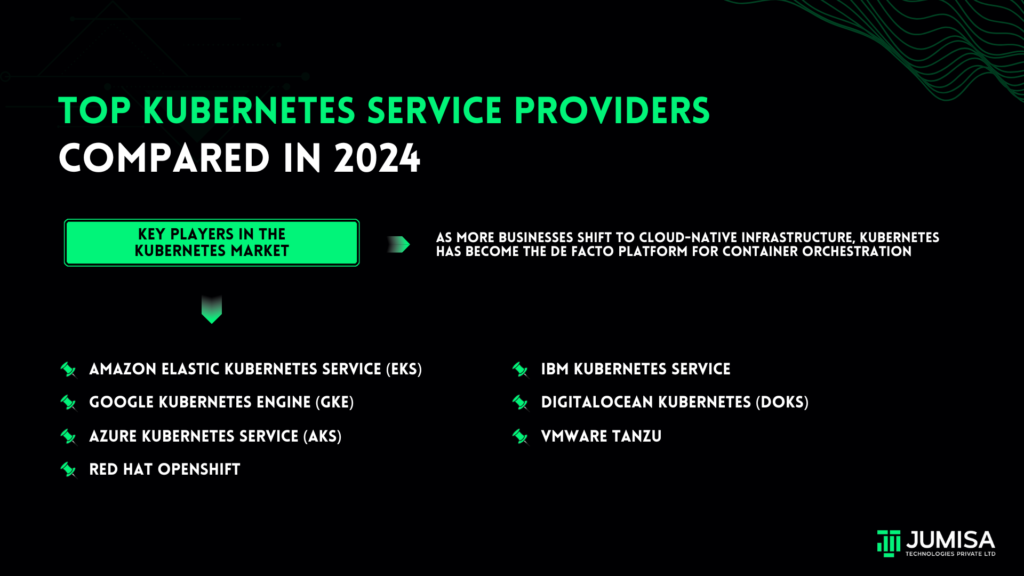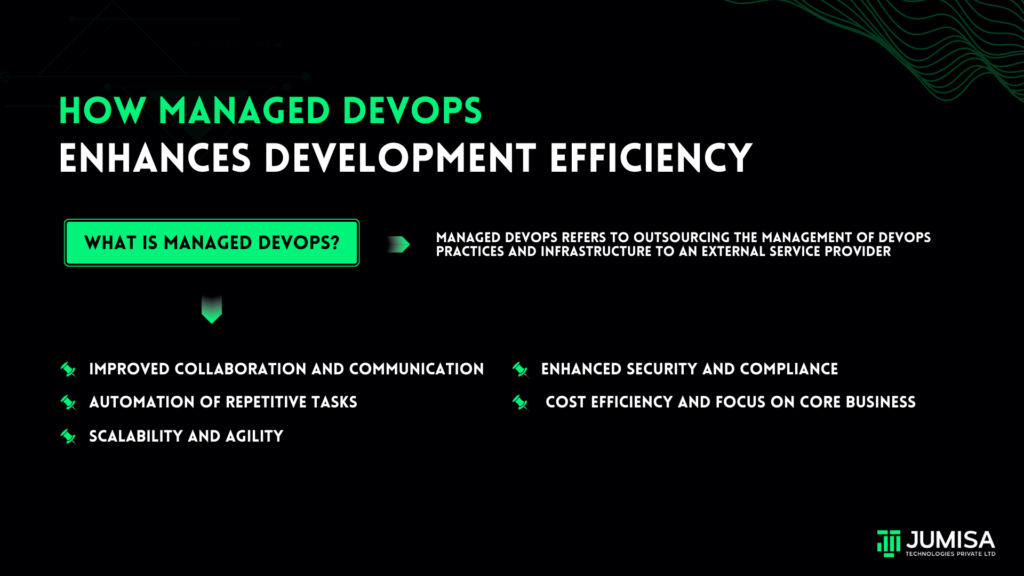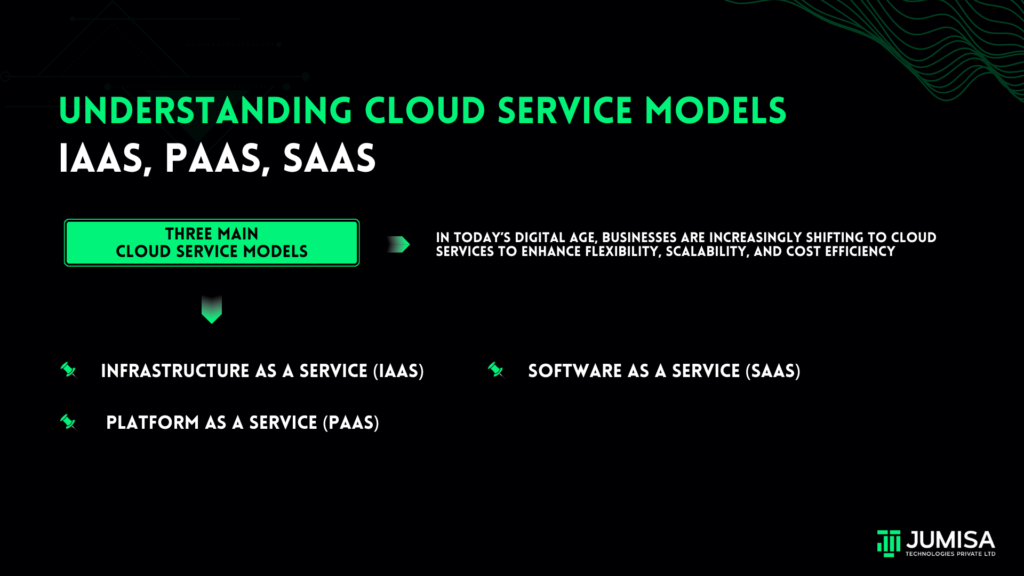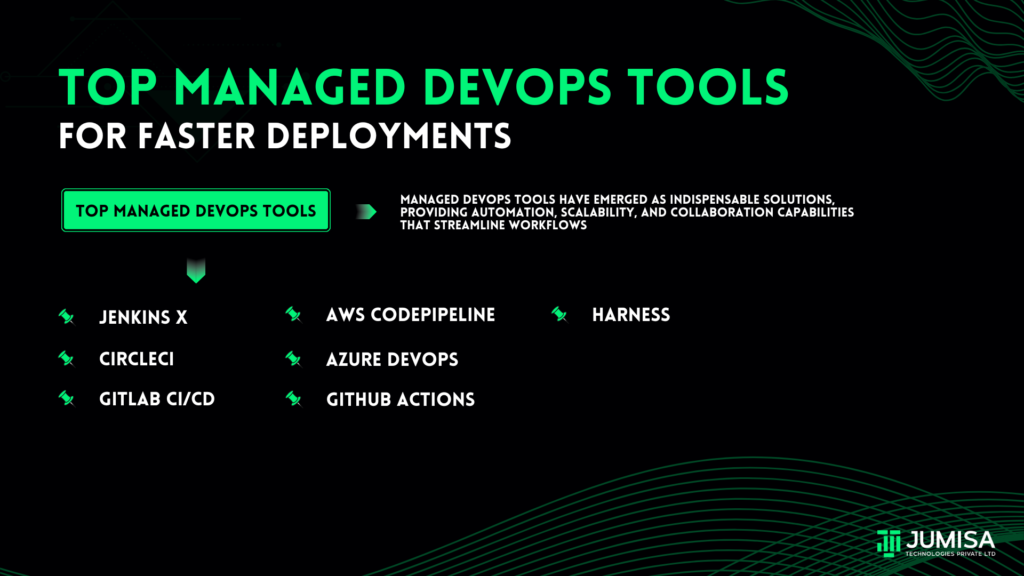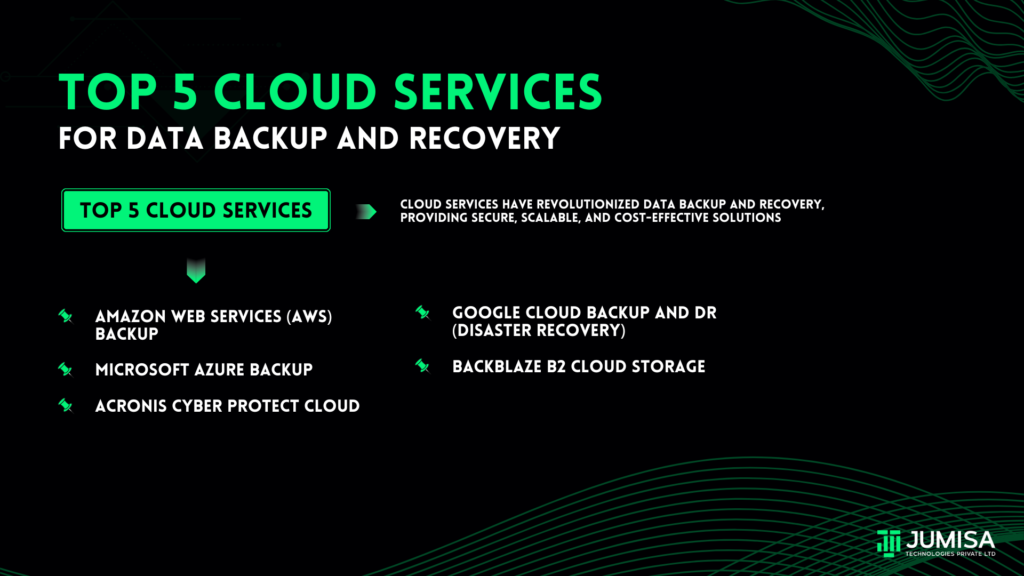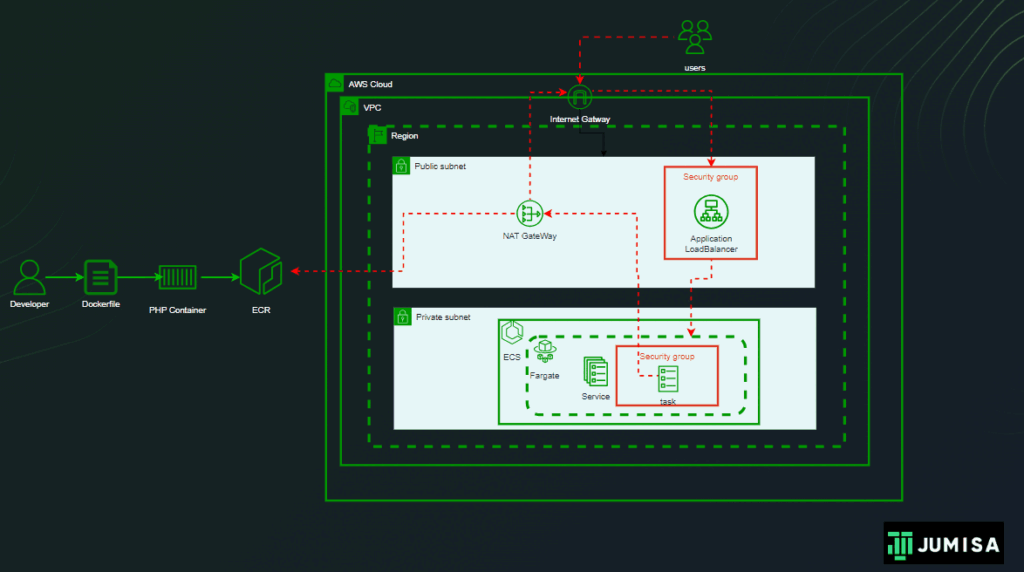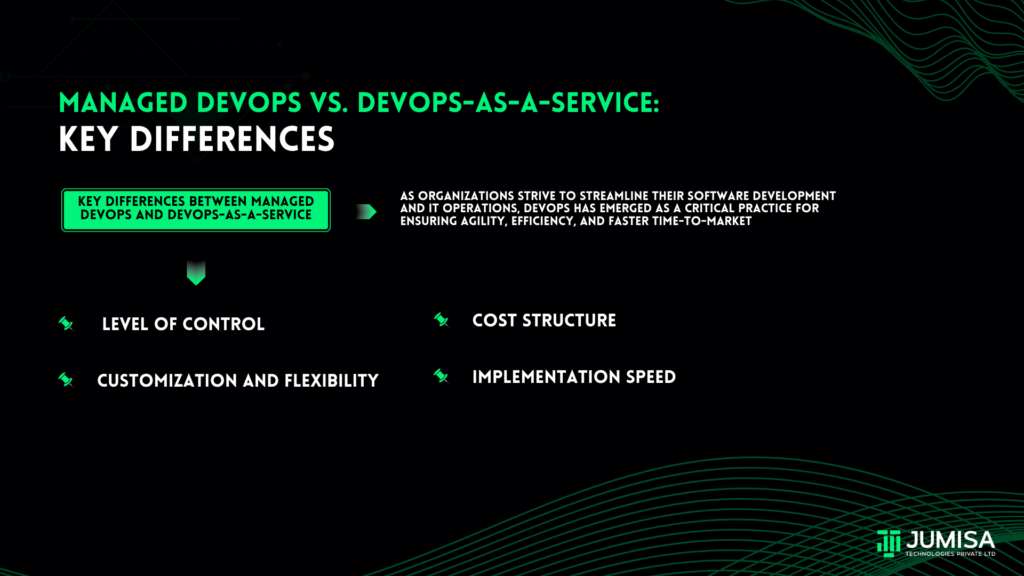
As organizations strive to streamline their software development and IT operations, DevOps has emerged as a critical practice for ensuring agility, efficiency, and faster time-to-market. However, as DevOps continues to evolve, different service models have emerged to help organizations implement and manage their DevOps processes.
Two popular approaches are Managed DevOps and DevOps-as-a-Service (DaaS). While both models aim to support the seamless integration of development and operations, they differ significantly in their execution, scope, and the level of control they offer.
This blog post will explore the key differences between Managed DevOps and DevOps-as-a-Service, helping you determine which model might be the best fit for your organization.
Understanding Managed DevOps
Managed DevOps is a service model where a third-party provider takes on the responsibility of managing and maintaining an organization’s DevOps processes. This approach involves outsourcing the management of your DevOps infrastructure, tools, and practices to an external team of experts who ensure that your environment is optimized for performance, security, and scalability.
In a Managed DevOps setup, the service provider typically handles tasks such as continuous integration/continuous delivery (CI/CD) pipeline management, infrastructure as code (IaC), automated testing, monitoring, and incident management. The goal is to allow your internal teams to focus on developing code and innovating without worrying about the underlying infrastructure or the operational aspects of DevOps.
Key Features of Managed DevOps:
- End-to-End Management: The service provider takes care of the entire DevOps lifecycle, from planning and development to deployment and monitoring.
- Customization: Managed DevOps solutions are often tailored to the specific needs of your organization, ensuring that the tools and processes align with your business objectives.
- Expertise: You gain access to a team of experienced DevOps professionals who bring best practices and industry knowledge to the table.
- Scalability: The provider can scale the DevOps environment up or down based on your organization’s needs, ensuring that resources are allocated efficiently.
Understanding DevOps-as-a-Service (DaaS)
DevOps-as-a-Service, on the other hand, is a cloud-based model where a service provider delivers DevOps tools and infrastructure through a subscription-based platform. DaaS enables organizations to leverage a suite of DevOps tools and services without the need to manage or maintain them on-premises.
With DaaS, the service provider offers a platform that includes everything needed for DevOps automation, such as CI/CD tools, version control, code repositories, automated testing, monitoring, and more. This model is designed to be highly flexible and modular, allowing organizations to pick and choose the services they need.
Key Features of DevOps-as-a-Service:
- On-Demand Access: DaaS platforms provide on-demand access to a wide range of DevOps tools, enabling teams to quickly set up and use the services they need.
- Cost-Efficiency: DaaS is typically offered as a subscription-based service, which can be more cost-effective for organizations that want to avoid the upfront costs associated with purchasing and maintaining DevOps tools.
- Flexibility: The modular nature of DaaS allows organizations to adopt only the tools and services that fit their specific needs, making it easier to customize and scale as required.
- Ease of Integration: DaaS platforms are designed to integrate seamlessly with existing cloud environments, making it easier for organizations to implement DevOps practices without disrupting their current workflows.
Key Differences Between Managed DevOps and DevOps-as-a-Service
While Managed DevOps and DevOps-as-a-Service share the common goal of facilitating DevOps practices, they differ in several key areas:
1. Level of Control:
- Managed DevOps: With Managed DevOps, the service provider assumes control over the entire DevOps process, from infrastructure management to deployment. This means your organization has less direct control over the tools and processes, relying on the provider’s expertise to manage everything.
- DevOps-as-a-Service: In contrast, DaaS offers more flexibility and control to your internal teams. You can choose which tools and services to use and have more direct involvement in managing your DevOps processes.
2. Customization and Flexibility:
- Managed DevOps: Managed DevOps solutions are often highly customized to fit the specific needs of your organization. However, this customization comes at the cost of flexibility, as you are tied to the provider’s infrastructure and processes.
- DevOps-as-a-Service: DaaS is typically more modular and flexible, allowing you to pick and choose the tools and services you need. This makes it easier to adapt the solution as your organization’s needs change.
3. Cost Structure:
- Managed DevOps: The cost of Managed DevOps is often higher due to the comprehensive, end-to-end services provided. You are essentially paying for a dedicated team of experts to manage your DevOps environment.
- DevOps-as-a-Service: DaaS is generally more cost-effective, as it operates on a subscription-based model. You only pay for the tools and services you use, making it a more budget-friendly option for many organizations.
4. Implementation Speed:
- Managed DevOps: Managed DevOps solutions may take longer to implement, especially if significant customization is required. The onboarding process can be complex, as the provider needs to align with your organization’s specific needs.
- DevOps-as-a-Service: DaaS platforms are designed for quick deployment. Since they offer pre-configured tools and services, you can get started with DevOps practices faster, with minimal setup time.
Which Model Is Right for You?
The choice between Managed DevOps and DevOps-as-a-Service depends largely on your organization’s needs, resources, and goals.
If you prefer a hands-off approach with a focus on innovation and development, Managed DevOps may be the better option.
On the other hand, if you value flexibility, cost-efficiency, and faster implementation, DevOps-as-a-Service could be the ideal choice.
In conclusion, both Managed DevOps and DevOps-as-a-Service offer valuable solutions for organizations looking to enhance their DevOps practices. By understanding the key differences between these models, you can make an informed decision that aligns with your business objectives and operational requirements.

